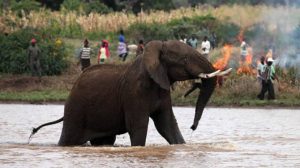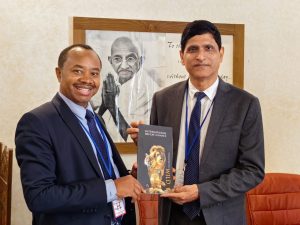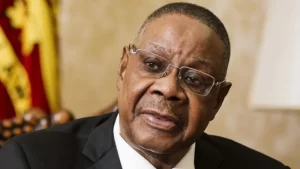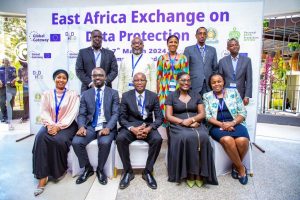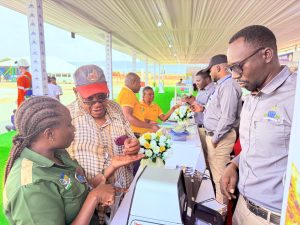Natural Resources Ministry Grills WMAs Leaders On Wildlife Resources Monitoring, Conservation
By VALENTINE OFORO
THE Ministry of Natural Resources and Tourism has organised a special workshop to impart the leaders with the Wildlife Management Areas (WMAs) with key knowledge on how best to supervise and improve wildlife resources in their areas.
The timely training, held in Singida region under the auspices of the Illegal Wildlife Project (IWT) attracted the leaders with the WMAs from Chamwino District of Dodoma, as well as those from Waga district in Iringa region.
WMAs commenced in the 1990s as a new legal framework for communities to protect, manage and benefit from wildlife and other natural resources on village land outside of Protected Areas. WMAs are mandated to conduct anti-poaching activities and manage tourism investment processes.
In her remarks during opening of the helpful training on behalf of the Director of Wildlife Management from the Ministry of Natural Resources and Tourism, Ms.Rose Mdendemi expressed that the training was part of series of efforts by the parent ministry to heighten the general performance of the key economic sub-sector across the country.
Among others, she communicated that the workshop was tailored to capacitate the participants with vibrant knowledge over a professional approach to help promote wildlife conservation, including monitoring of the relevant resources, especially in the areas where the citizens have voluntarily decided to give their land to pave the way for wildlife conservation.
“Our vision is to supplement the high impetus and efforts being demonstrated and implemented by President Dr. Samia Suluhu Hassan to improve the sector’s performance. Currently, we’re majoring main focus to educate the public, as well the leaders with the Wildlife Management Areas (WMAs) so that they can glue together to ensure the conserved areas are free from any unfriendly encroachment,” she expressed.
She appreciated concerted efforts and support that the parent ministry has been receiving from the United Nations Development Programme (UNDP) to fuel implementations of diverse programs to heighten the flourishing of the side, especially in combating human-wildlife conflicts across the country.
“Please make sure you use this platform bravely to acquire necessary awareness and skills for assisting you to execute your daily roles with more speed and standards,” she challenged the participants.
On his side, the representative from UNDP, Damas Masologo said the international development initiative will continue standing at forefront to support the government of Tanzania to successfully run a diverse program meant to improve wildlife conservation matters.
Speaking for their part during the training, Rachel John and Yusuph Nyonyi, the chief wildlife officers from Mufindi district in Iringa region, and Chamwino District of Dodoma region expressed to have remained optimistic that the workshop will play a pivotal role to expand their delivering abilities.
The government is implementing the national wildlife management areas strategy (2023-2033) with an eye to ensure the positive growth of the vital economic sector in the country.
A Wildlife Management Area (WMA) is a form of the Community-Based Natural Resources Management (CBNRM) approach that aims at integrating and fostering sustainable rural livelihoods in line with improving wildlife conservation.
The WMA concept is an approach that devolves full ownership and responsibility for wildlife to rural communities living with the wildlife resources on their lands. For local communities to manage and benefit from wildlife, policies, legislation, and other regulatory frameworks are of utmost importance.
Since the inception of WMAs in Tanzania, several frameworks have been put in place, among them the Wildlife Management Areas Implementation Strategy (2014-2019). The strategy provided guidelines for implementing community- based wildlife management in the country.
The overarching aim of this National Wildlife Management Areas Strategy (NWMAS) for the period 2023 – 2033 is to align Tanzania on a path towards a rewarding community and livelihood-based approach with a high returns rate.
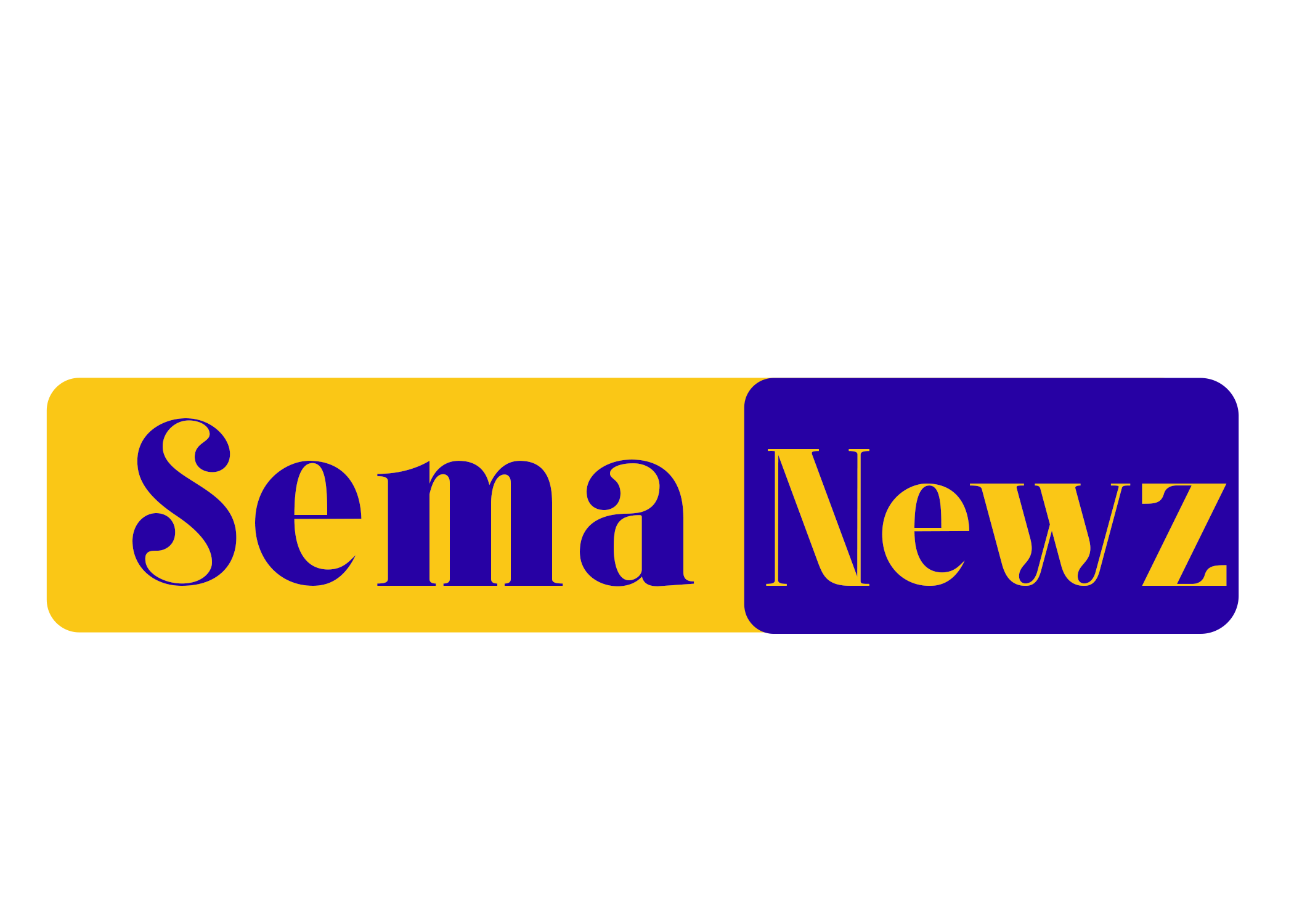
.jpg)


